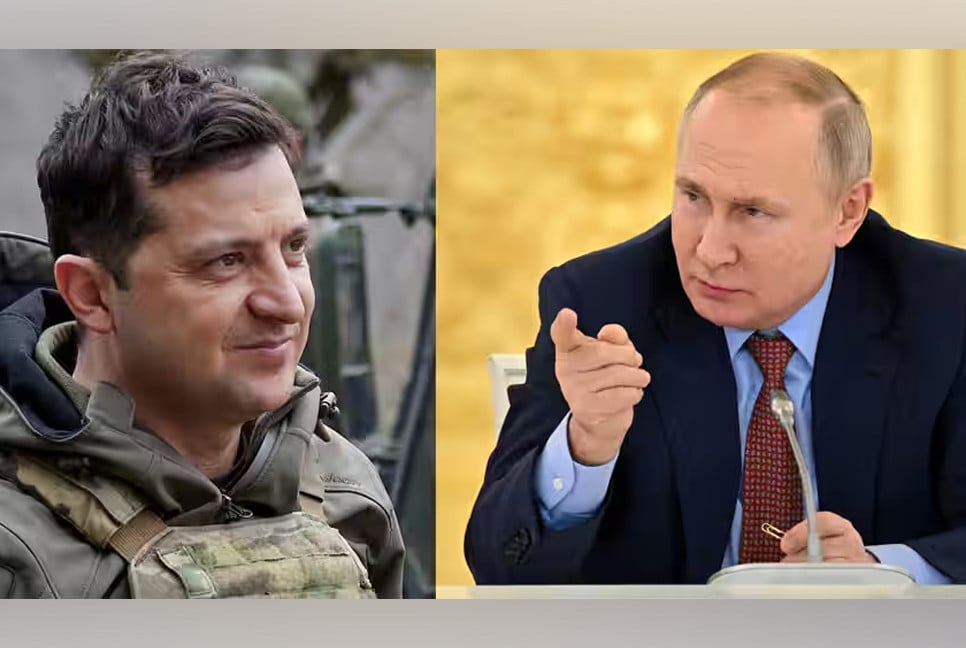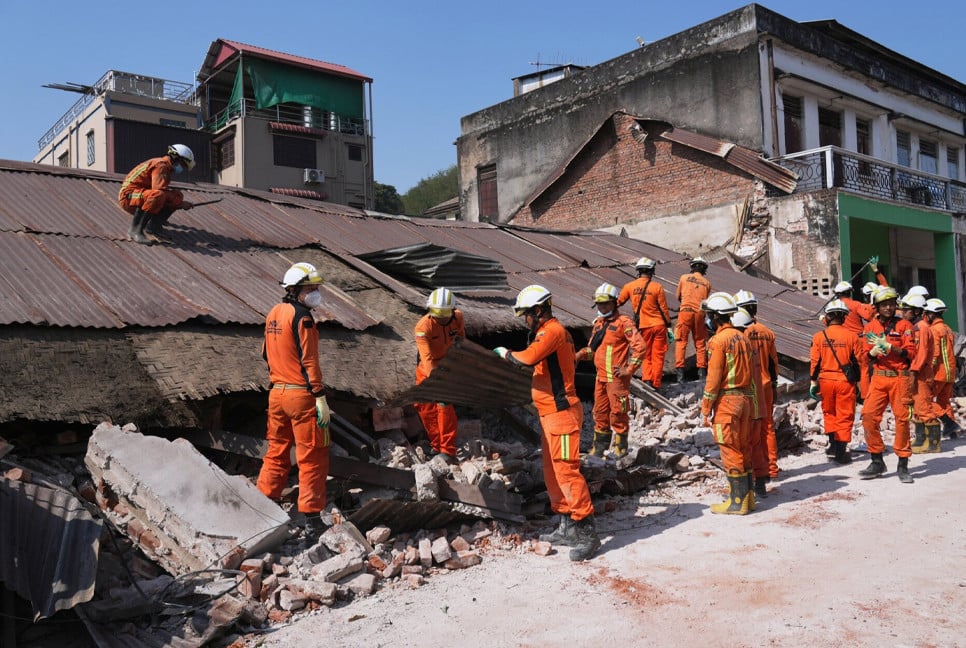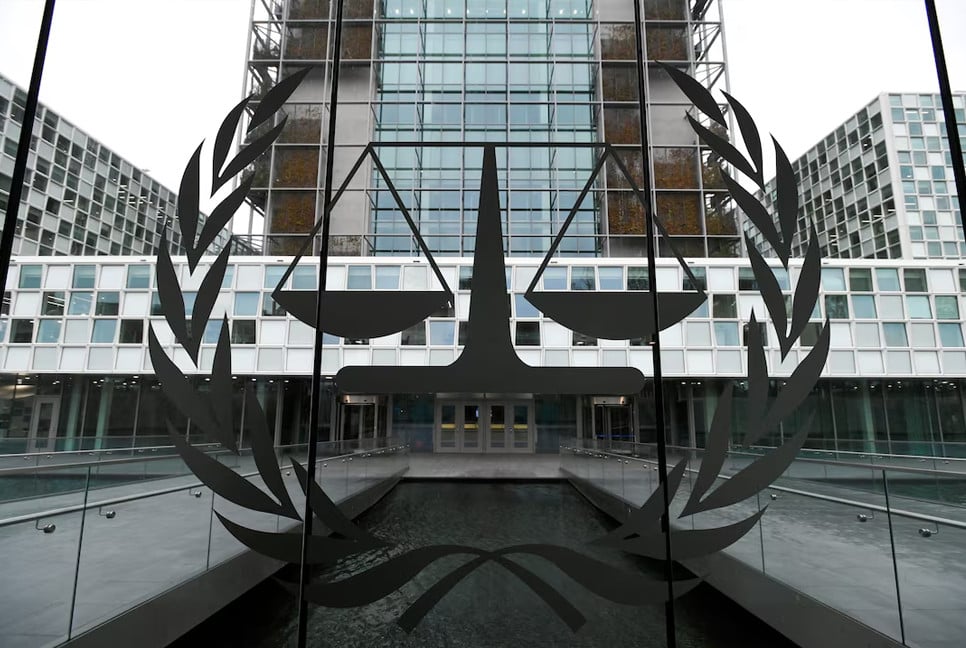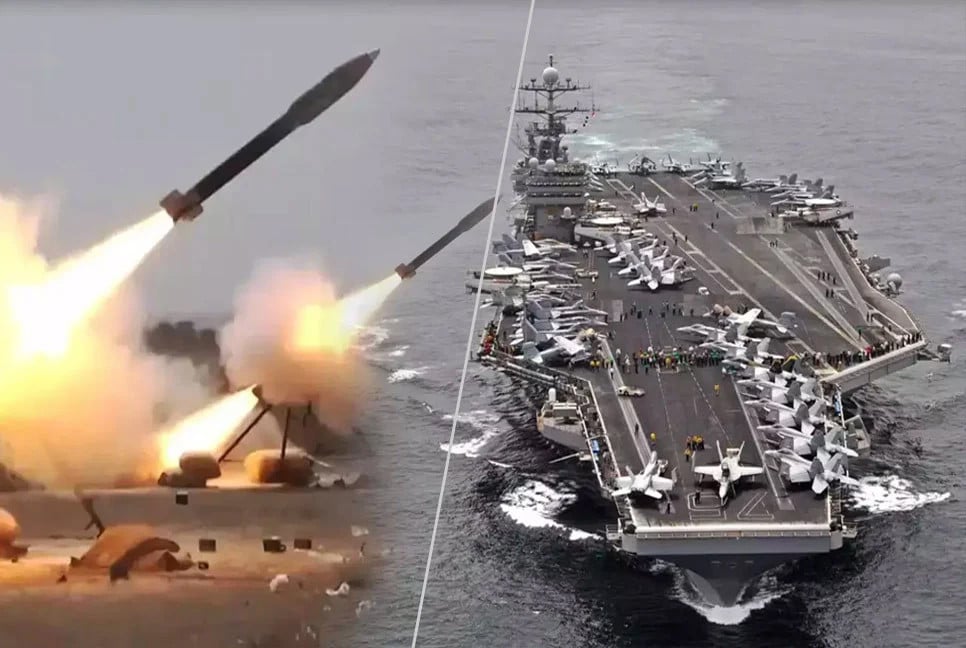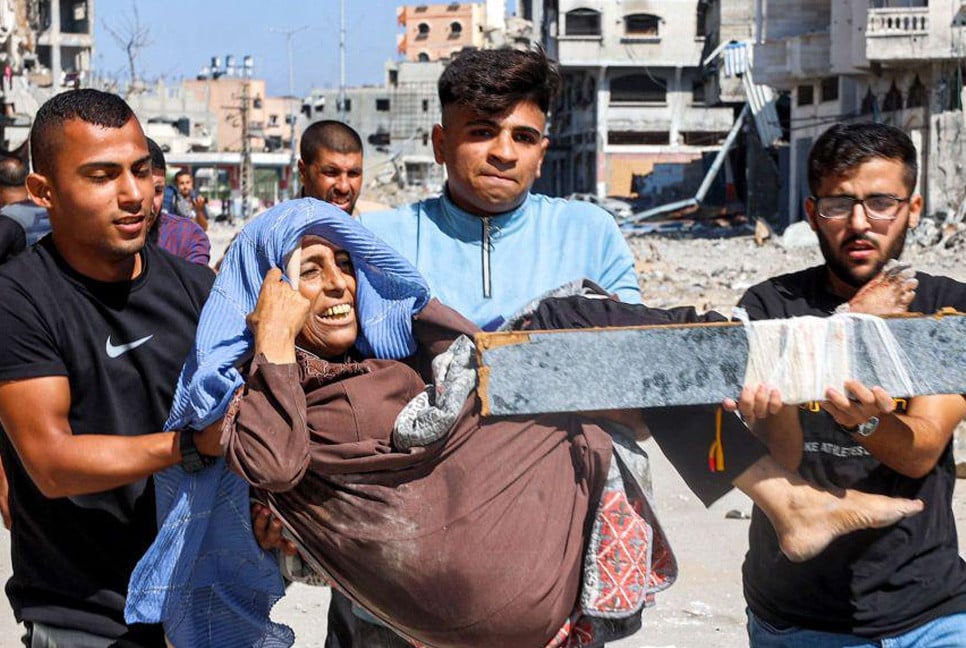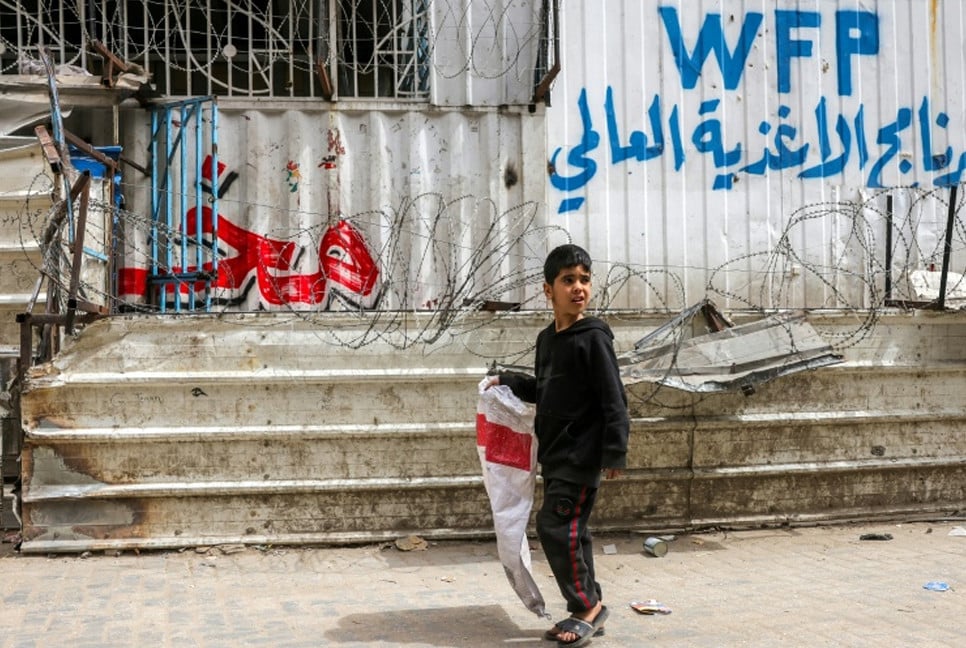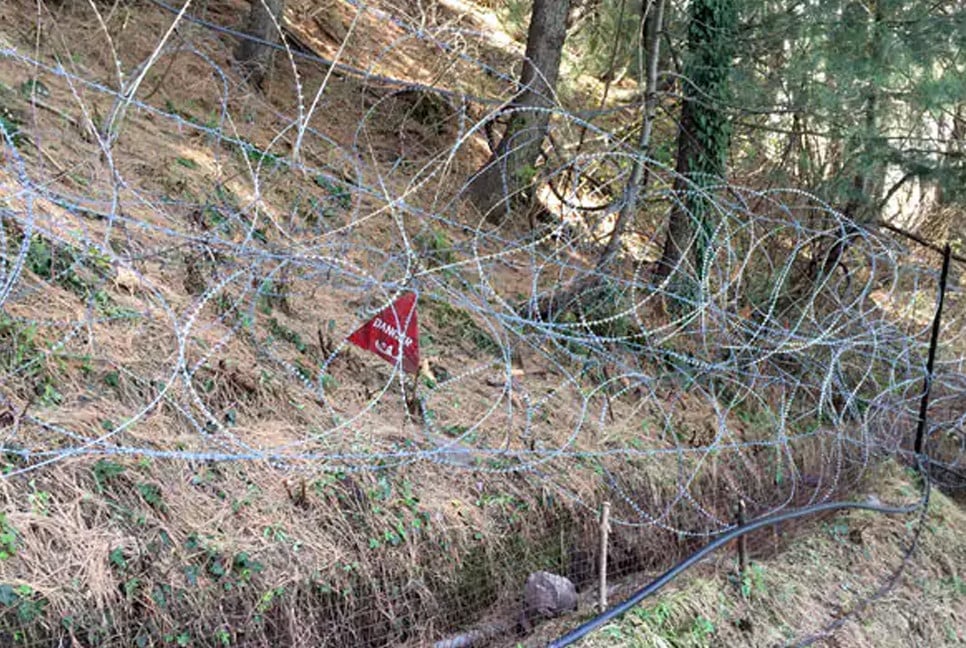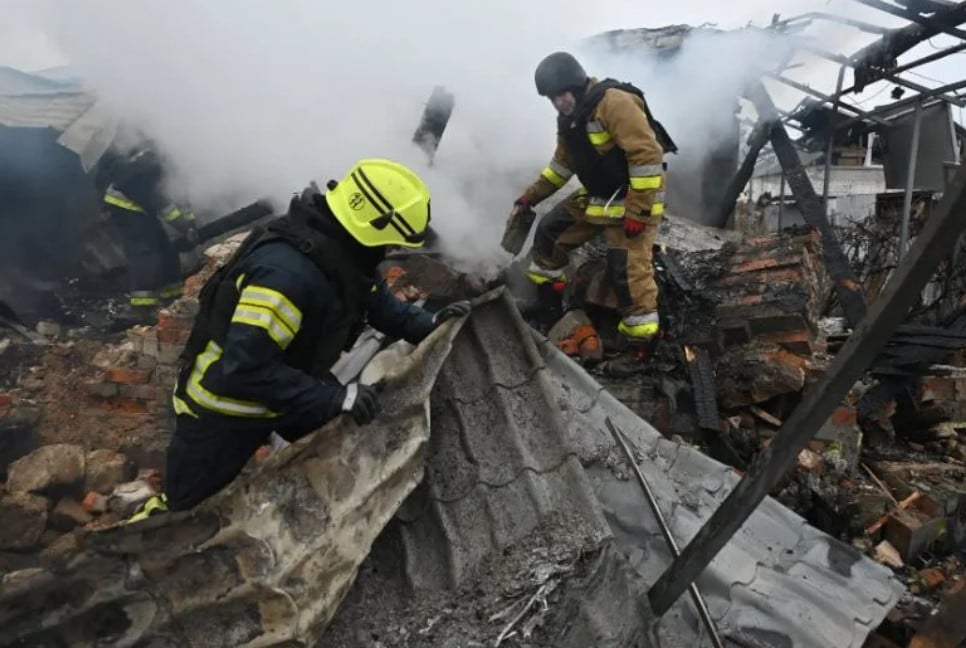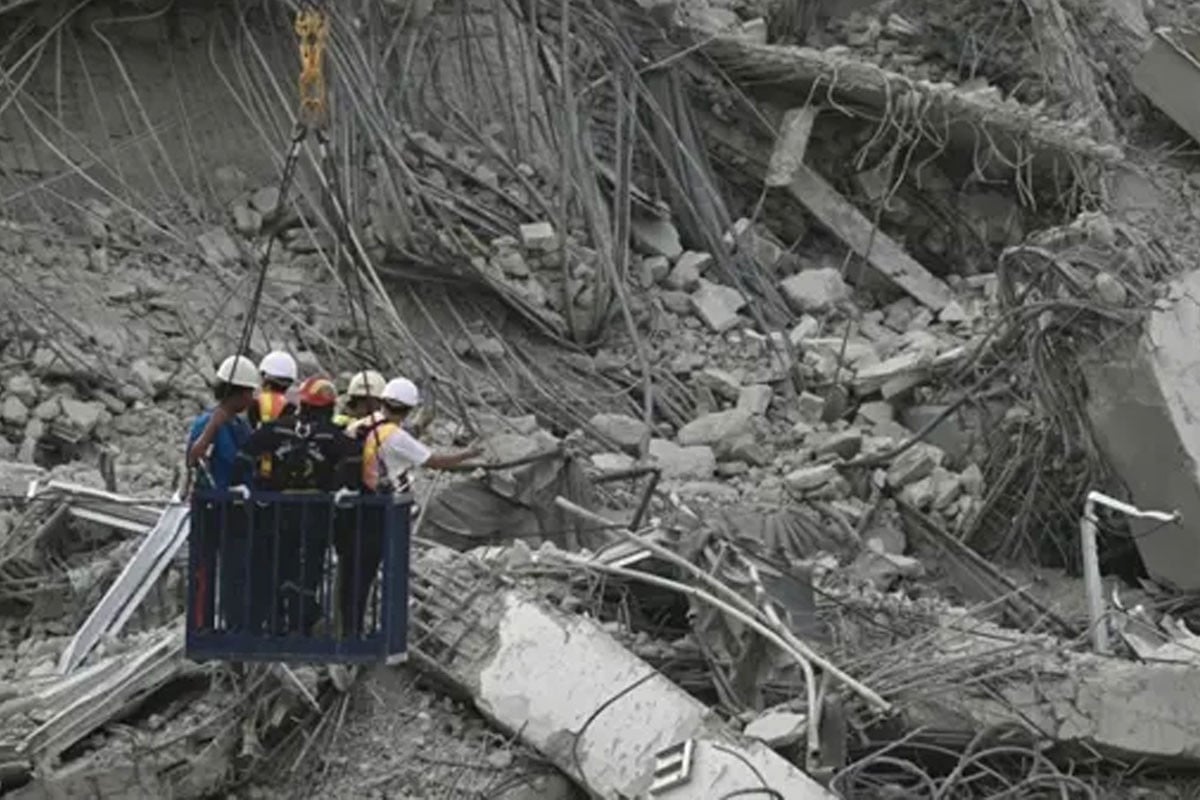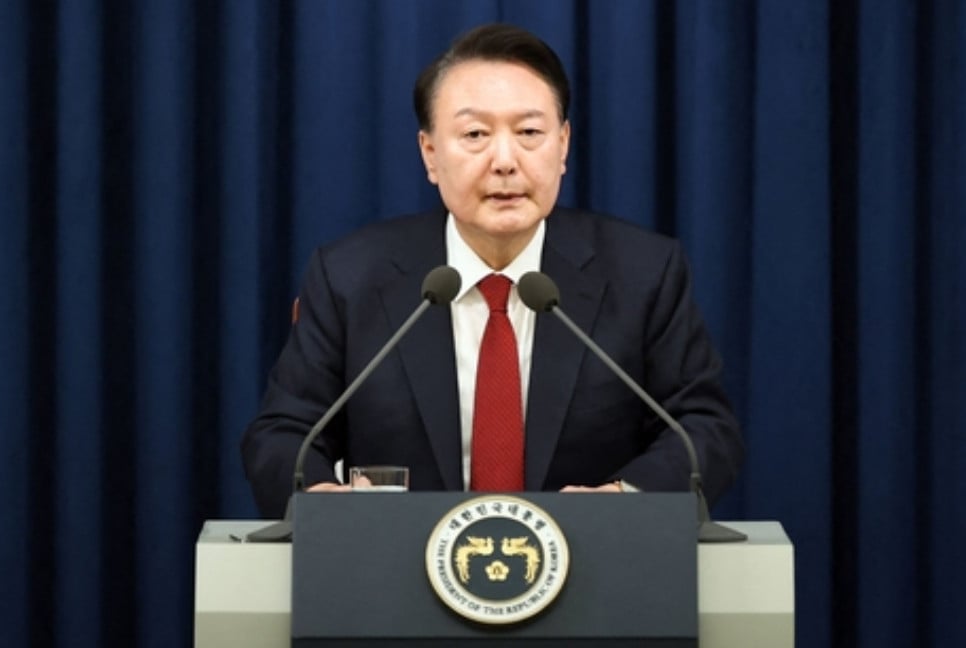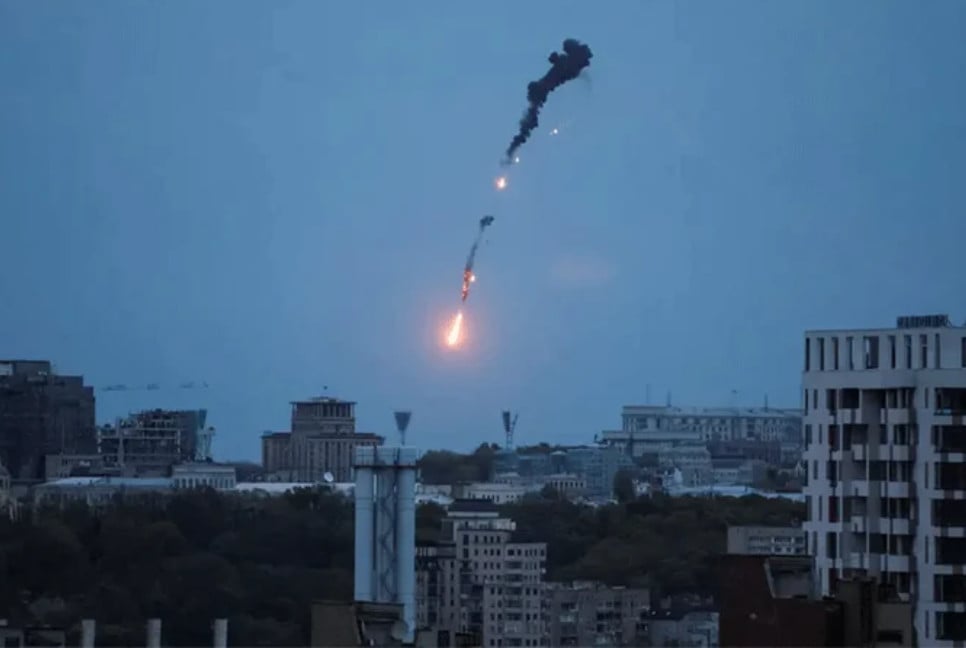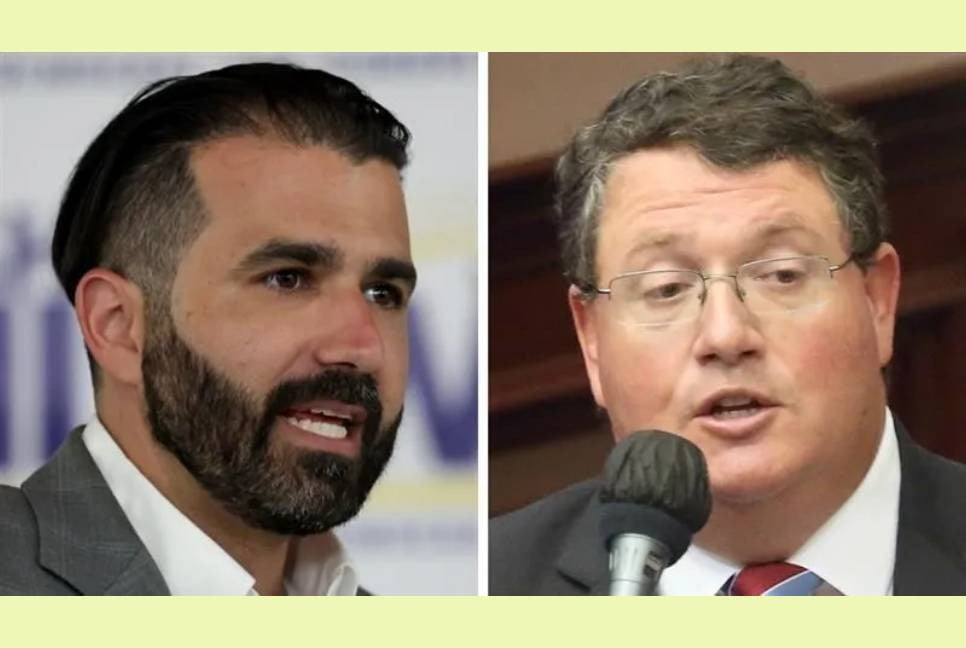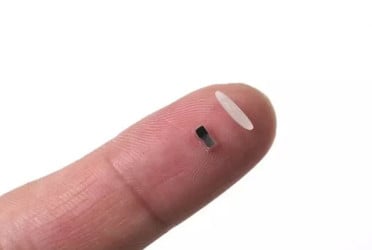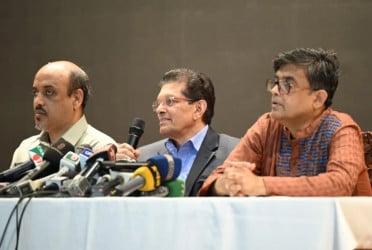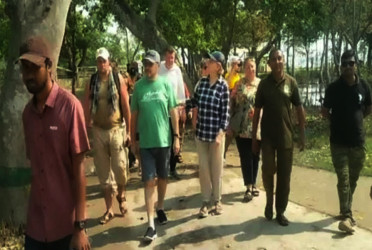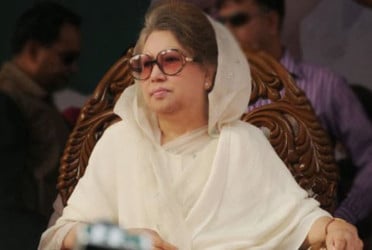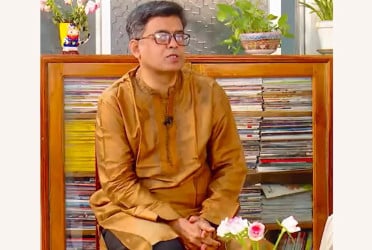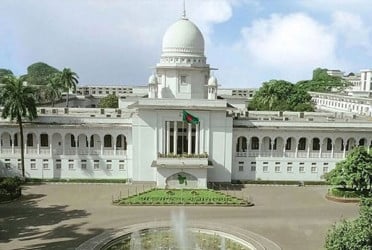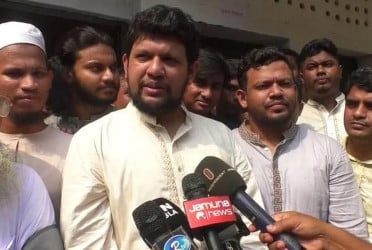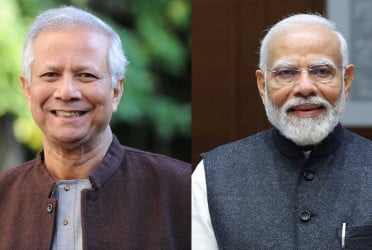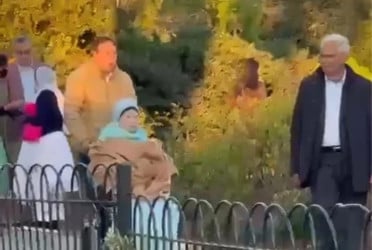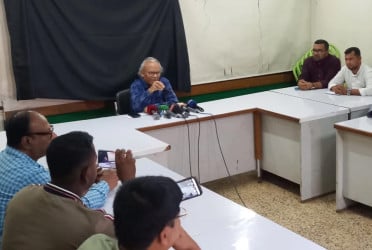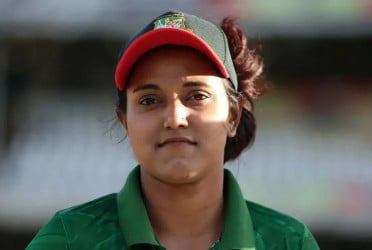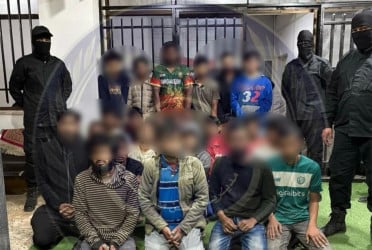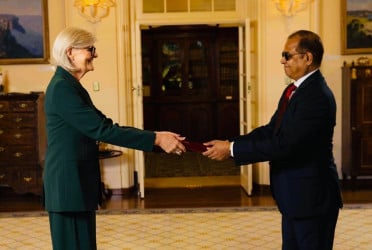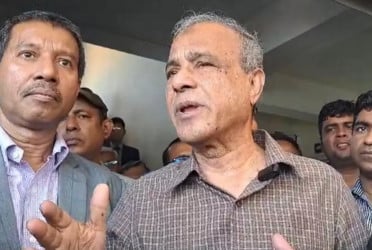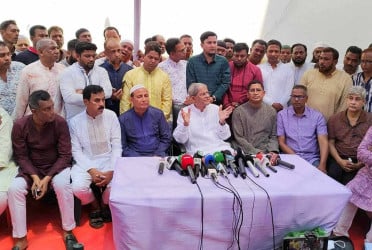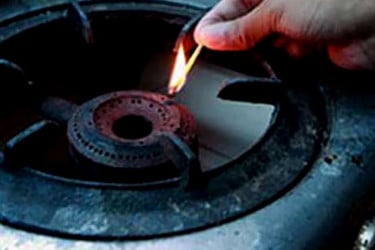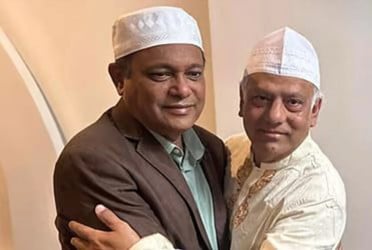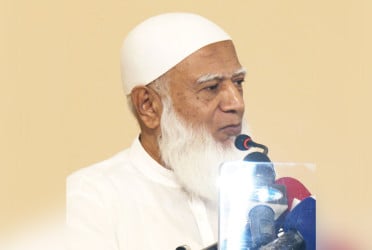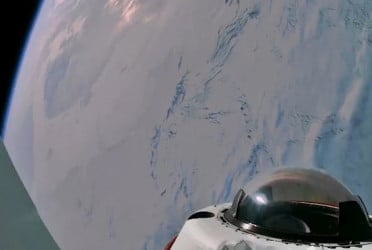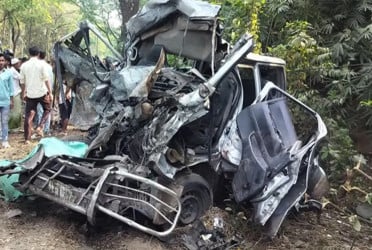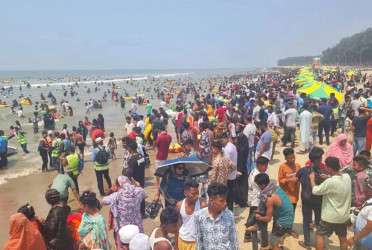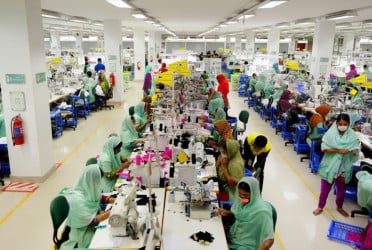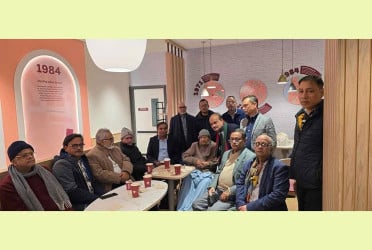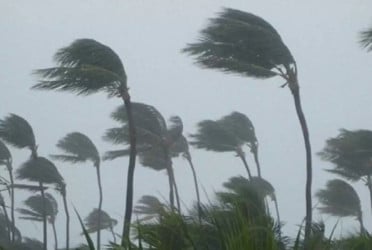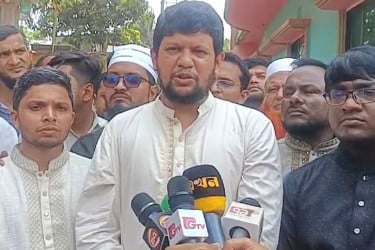Russian President Vladimir Putin has agreed to hold talks with his Ukrainian counterpart Volodymyr Zelensky "if necessary", the Kremlin has confirmed.
The announcement came as top Russian and US diplomats are holding a meeting in Saudi Arabia today with an aim to find an agreement to end the years-long war in Ukraine.
Strangely, today's Russia-US meeting in Saudi Arabia, with the Ukraine war high on the agenda, has no seat for Ukranian diplomats. President Zelensky has said that "Kyiv cannot recognise any agreements or things discussed about us without us."
President Zelensky will be visiting Saudi Arabia too - but a day after the crucial meeting between top diplomats from Russia and the United States.
President Zelensky's spokesperson Sergiy Nykyforov has said that he will not be meeting any officials either from Russia or from the US during his visit. He added that President Zelensky and his wife Olena Zelenska will be in Saudi Arabia as part of a "long-planned" official visit before they head to the UAE and Turkey.
European nations and NATO allies are concerned too over what they describe as Washington's sudden change in policy towards Moscow. In fact, the meeting in Riyadh will also see if there is a possibility for Donald Trump and Vladimir Putin to hold a summit together with an aim to bridge the gap between Washington and Moscow.
But Putin's agreement to meet Zelensky is a positive sign that a solution and ceasefire in the Ukraine war may be on the cards. The conflict, which has been on for three years, has not just led to a massive loss of lives and widespread destruction, but has had a severe strain on the global economy. Donald Trump has been very vocal about finding a solution as soon as possible.
Moscow too, has hinted at finding a solution as it finds its economy under strain over the cost of war and sanctions imposed on it by the West. However, Russia has made it clear that it does not want Europe and NATO allies to be a part of the solution, accusing them of "wanting to continue the war".
Russia has repeatedly slammed NATO's increasing presence in central and eastern Europe and before it launched its full-scale military offensive on Ukraine, Moscow had demanded that NATO pull its troops, equipment, and bases out of several eastern European member states that were under Moscow's sphere of influence during the Cold War.
Source: NDTV India
Bd-pratidin English/Lutful Hoque

